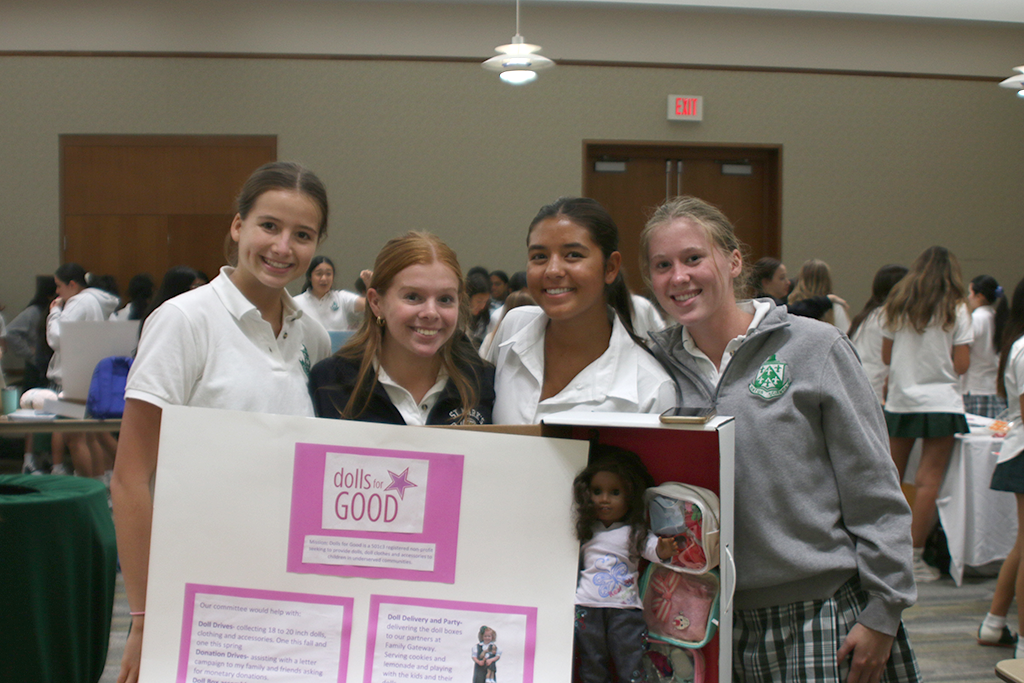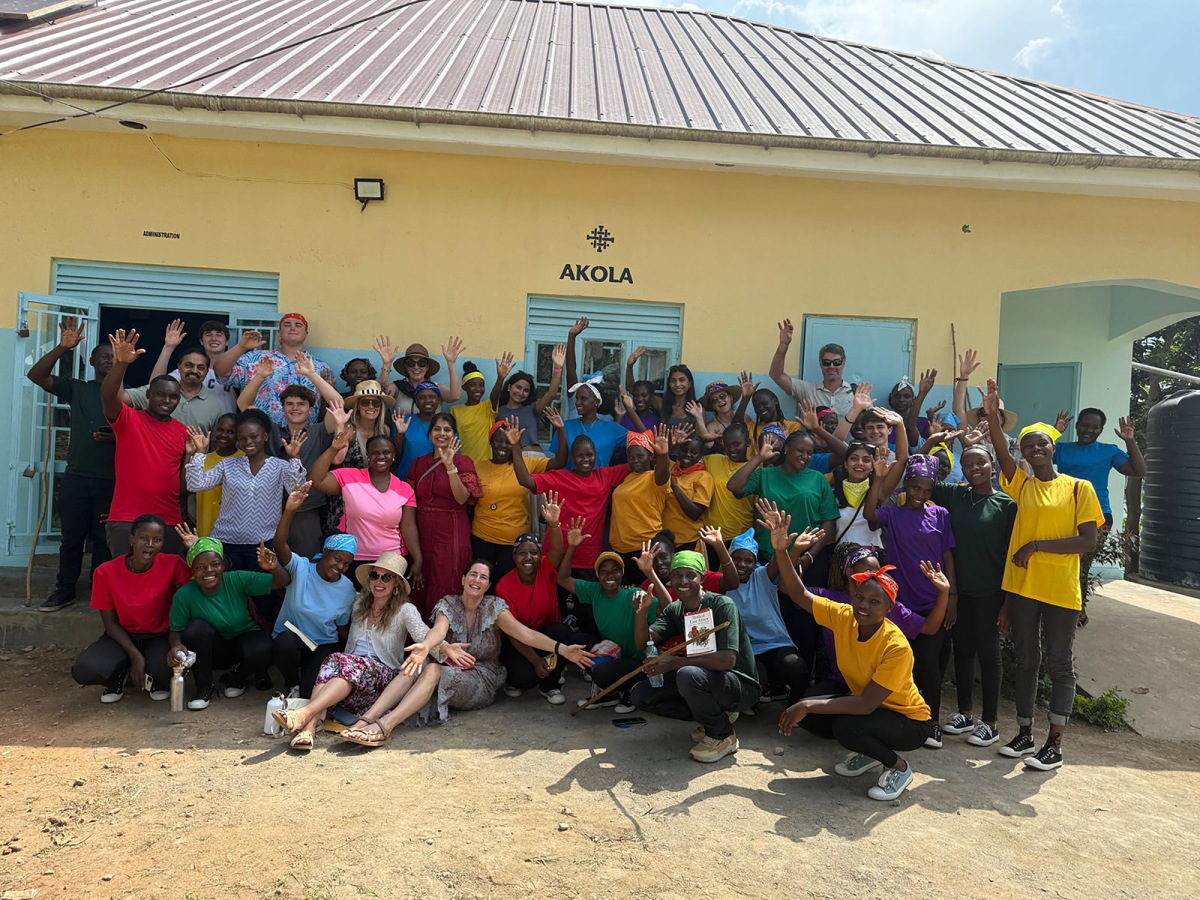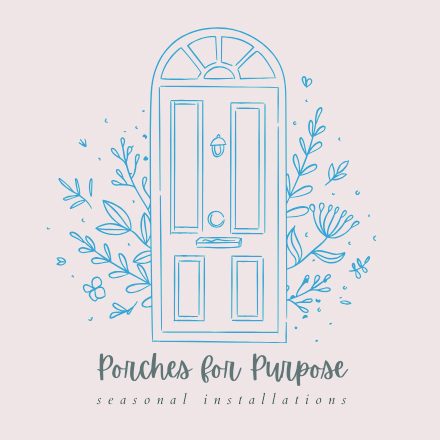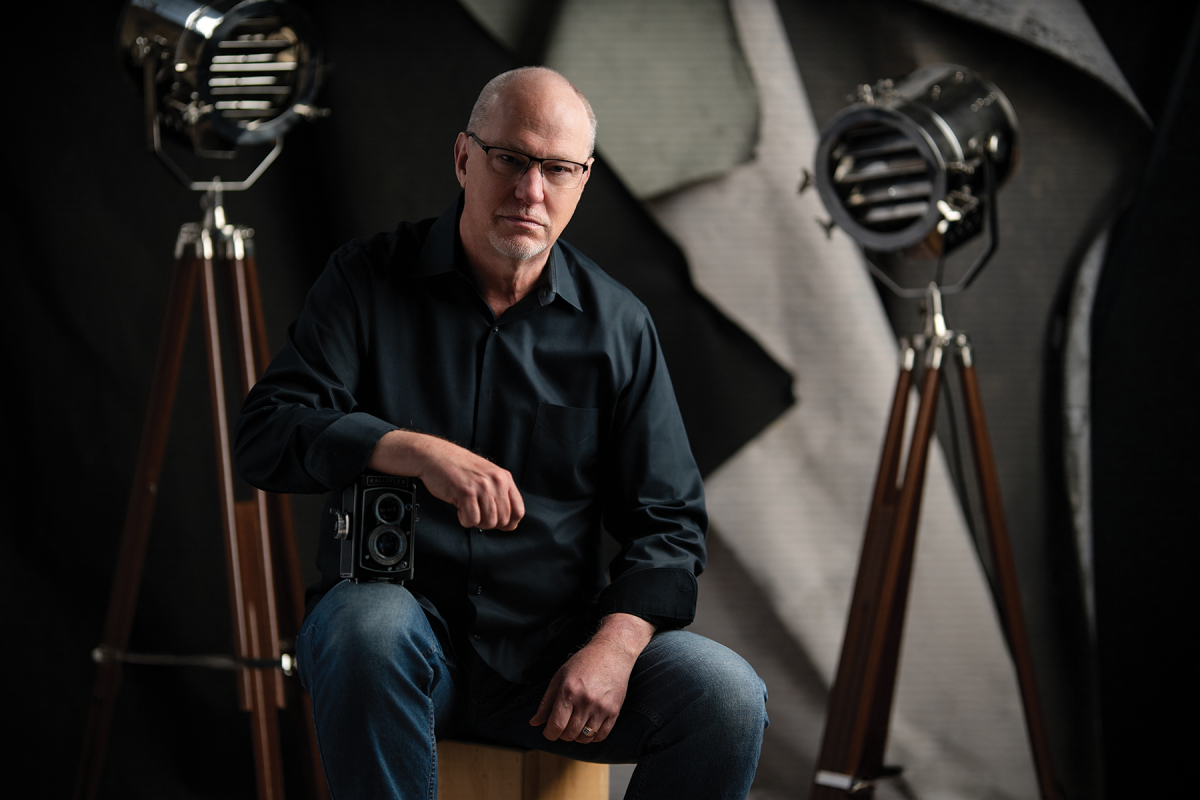In the summer of 2015, Junior Wendy Ho discovered Technovation, a global entrepreneurship challenge for girls ages 10 to 18, which enlists girls from all over the world to build a mobile app that will address a community problem. The winning team receives $20,000 in seed funding to continue app development. Ho, inspired by this challenge, decided to put together a team.
“I wanted the team to be reliable, so I picked people I thought would be responsible,” Ho said.
Ho joined together with junior Brenda Lee, a fellow member of the Coding Club. She then enlisted juniors Amy Jia, Jenny Zhu and Jessica Wang due to their creativity and strong work ethic.
As a team, they researched and brainstormed possible issues they thought would be appropriate to address in their app. After careful consideration, they decided to tackle the issue of sex education deficit.
The team ultimately decided on this issue because they felt that persons of their age group were not receiving a proper sex education.
“Jessica and I were in Health, and [Upper School health teacher Rebekah] Calhoun was telling us that there is only one basic anatomy course at St. Mark’s, in middle school,” Lee said. “Apparently they learn a little about it in AP Bio too, but it’s still not enough.”
This concerned the team, especially since St. Mark’s students did not receive the same education as those at Hockaday–even though it is equally relevant to both parties.
The group hoped to increase sex education by allowing a comfortable space for people to post questions and get answers from both people who have experienced the same problem or even experts on the topic.
“The ultimate goal is to promote more open dialogue about sex ed,” Ho said.
The app will be open for everyone to use, but the group especially hopes to target a younger age group. “The goal is to bring more awareness regarding sex education to both girls and boys, preferably in the high school or late middle school age range,” Jia said.
Included in the app will be a frequently asked questions page and provided access to other professional resources. For those with more particular inquisitions, the team plans to also offer a discussion section for users to ask specific questions to others with experience.
While they want to encourage more open discussion, the group also wants to ensure that users can browse the app with the comfort of knowing their searches are anonymous.
“The answer is personal, but [it] is anonymous. That’s what our app is trying to emulate,” Lee said.
Lee and Ho have been heading the design of the app in terms of layout and organization. While Ho has been using her experience in coding to help create the blueprints for the app, the other group members are taking extra time to learn about the coding process.
“Right now, we’ve learned how to code and [have] found mentors to help each [of us] through this process,” Wang said.
Wang, Jia and Zhu, on the other hand, have been working on the communications aspect. They are in charge of promoting the app on social media once they develop their website and social media accounts. Although each group member has an “assigned” position, the team makes sure to touch base with the rest of the group before making any decision.
“We are not strictly defined to a responsibility. We always get each other’s opinions,” Zhu said.
Zhu is currently working on developing a getaskada.wordpress, a website for their app. The name was inspired by Ada Lovelace, who is acclaimed as one of the first female computer programmers.
“Our app is called Ask Ad,” Jia said. “She’s [Lovelace] credited as one of the first computer programmers, and it’s cool that she is a woman.”
With their app, the team hopes to not only encourage discussion about sex-ed, but also about related issues such as rape, sexual assault and consent. “Aside from general sex-ed, there are general issues of consent and domestic violence, and consent is a huge issue among college campuses,” Ho said. “We are high school students about to go into college, and [yet] a lot of guys don’t even know what the boundaries of consent are.”
Ask Ada was released on the App Store on April 12 for Android devices. Submissions for the competitions are due on April 21, but whether they win the competition or not, the team hopes to put their app on the App Store for more devices as a free resource app that anyone can use and enjoy.
“Not everyone is going to have a Ms. Calhoun, or even a parent, to talk to,” Zhu said. “But, you can always have our app.”
Teenage Technovators: Apps Created by Teenagers available from the App Store
 Finish
Finish
An app for procrastinators, Finish, was designed and created by Ryan Orbuch and Michael Hansen at the ages of 16, when they realized they needed an easy way to manage work around their 10th grade exams. You enter your necessary tasks into the app, categorizing each based on what timeframe you need to complete it, and the app will prompt you to stay on top of all of them by sending you notifications.
Nightin gale
gale
Eric Bakan and Delian Asparouhov, MIT students, designed and created Nightingale, a data analysis tool, with an aim to help healthcare professionals with medical-based research. It offers a way to collect, automatically analyze and share data to “provide actionable insights and guide practitioners in achieving the optimal outcome for every individual.”







